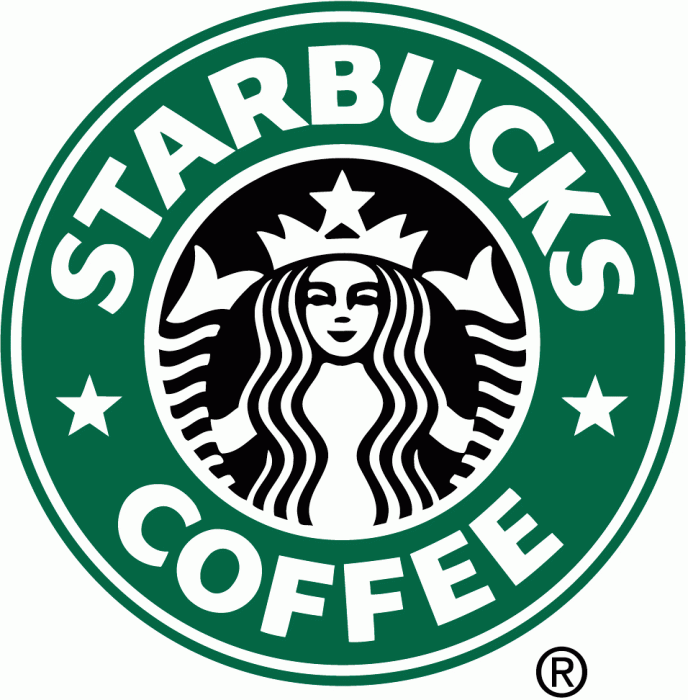By: Rabbi Tsvi Heber
The recent brouhaha surrounding the kosher status of some Starbucks products[1] has brought a fundamental issue into the spotlight. The kosher certification industry has jumped leaps and bounds in recent years certifying an impressive array of products and retail establishments for our convenience. This is especially true in large Jewish communities such as Greater Toronto where there is no shortage of kosher products and places to eat. Yet, from time to time, we find ourselves frequenting uncertified establishments; when the craving hits for some sort of specialty coffee; or when we need to cool off with a Slurpee or a frozen yogurt. Perhaps the time has come to re-examine our habitual routines and to ask if we are safe in purchasing these products from stores like Second Cup, Starbucks, Menchies, Yogenfruz and Baskin Robbins, to name a few.
The truth of the matter is that throughout our history, the kosher consumer has been more than comfortable with the notion that some products, even some processed ones, are intrinsically kosher and do not require any type of kosher supervision. Indeed, the Shulchan Aruch[2] dedicates a full chapter to listing processed foods and drinks that can be purchased from an unsupervised environment. The kosher traveler has also been afforded leniencies when it comes to eating in a non-kosher environment.[3] While times have changed and food production has become more complicated, surely there must be some basic products upon which kosher certification would be superfluous.
What actually happened at Starbucks? In my view, a justifiable practice – purchasing a standard coffee in an unsupervised shop[4] – has opened a new door to a world of Espressos, Cappuccinos and Frappuccinos. Deciphering the kosher status of such specialty coffee drinks is a journey into unchartered territory that should not be taken without careful thought and discussion.[5] While some products are made from exclusively kosher ingredients, others are not. The use of non-kosher utensils and equipment is a significant issue which must be weighed accordingly. While some products will surely survive intense scrutiny, others will not. We must be careful not to cross the line due to false assumptions or misunderstandings.
It seems that we went down the same slippery slope with regard to ice cream/frozen yogurt shops. I have many stories to tell – including discovering that a popular frozen yogurt store was erroneously telling its kosher customers that their flavouring for the yogurt was certified kosher when it was not. Just today, I sat in a meeting together with a senior executive and a local franchisee of a large ice cream chain. The franchisee is interested in kosher certification for her store because many of her customers want strictly kosher. She related that although she tries her best to provide her kosher customers with product that is strictly kosher, oftentimes she is unable. She cited an example of a sorbet that suddenly started coming in to the store without kosher certification. Another time, she was unable to buy a kosher topping so she had to buy the non-kosher version. Customers were not aware of the sudden change and had purchased the non-kosher product. She didn’t want that responsibility anymore so she turned to us!
While we are not suggesting that one should stop purchasing products from unsupervised venues, because that would be impractical, we do suggest that the consumer take responsibility for what they purchase. Even if “everyone” is buying that brand-new Slurpee flavour or getting ice cream in that new parlor, one must still investigate that it is kosher.
I would like to propose a five-step framework that will help us determine the kosher status of unsupervised products:
1) Ingredients – Using an ice cream cone as an example:
· Verify that all ingredients going into the ice cream cone, including the ice cream, the cone and the toppings, are kosher by checking packaging and containers for a reliable kosher certification.
· Visual inspection of the package is mandatory to ensure that it bears a kosher symbol.[6] Company literature should not be relied upon as mistakes can be made and literature may be outdated.
· To clarify – a letter of kosher certification (LOC) which verifies the kosher status of a product does not certify the facility. If the consumer sees only the LOC, but does not see the symbol on the product, then he cannot assume that he is purchasing the kosher product cited in the LOC.
2) Cross Contamination – Determine whether there is any contact between non-kosher products or ingredients and the kosher product.
3) Equipment – Inquire as to whether any piece of equipment, or component thereof, that is used to make or serve the kosher product is also used for or cleaned together with a non-kosher product.
4) Process – What is involved in the processing of the product?
· If cooking is involved, what equipment is used in the cooking? What else is cooked with that equipment?
· Is bishul akum an issue?
· For a Jewish owned store, consider how chillul Shabbos affects the kosher status of some food products.
5) Halachic Guidance – Take all of this information and discuss it with a Rabbi at the COR or with your Rav. Surprisingly enough, a Rabbi may permit the purchase of the product even though some cross-contamination may exist between kosher and non-kosher product and equipment, depending on the specifics of the question.
Rabbi Heber is the Director of Community Kosher at the COR
[1] “CRC Guide to Starbucks Beverages” (http://www.crcweb.org/starbucks_intro.php) is a comprehensive halachic article written by Rabbis Sholem Fishbane and Dovid Cohen of the Chicago Rabbinic Council regarding the kosher status of many popular Starbucks products. The article – based on visits to multiple Starbucks locations, interviews with current and former company personnel, research of the halachic principles and discussions of all of the above with experts in the field – makes an eye-opening attempt at clarifying the multiple issues involved including the store environment, the inherent kosher status of items, the transfer of ta’am and practical applications. In a number of instances the article forbids the consumption of products that have long been presumed kosher.
[2] Yoreh Deah (YD) [114]
[3] See Taz YD [91:2] for a fascinating glimpse of the “customs” of the kosher traveler of earlier generations. Apparently, things haven’t changed!
[4] See She’aylas Yavetz [2:142, 143]; Pischei Teshuva [114:1]; Yad Efraim [ibid.]; Noda B’Yehuda Tinyana [36]; Aruch Hashulchan YD [122:16]
[5] There can be a fundamental difference between regular coffee and specialty coffee, even if the ingredients and the equipment used to prepare them are identical. Regular coffee is generally made in “bulk” and dispensed for the purchaser whereas specialty coffees are generally made specifically at the request of the purchaser. This seemingly innocuous point could make all the difference if any of the equipment, even sometimes, comes into contact with or is cleaned together with non-kosher food. The principle of “stam kaylim aynom bnai yoman” (an assumption that the non-kosher utensil did not come into contact with hot non-kosher food or drink for the last 24 hours) will only permit coffee which was not made specifically at the request of the purchaser. For the same reason, one must also ensure that the store does not use a non-kosher spoon to mix the sugar into your regular coffee because this would be done specifically for the purchaser. See Shulchan Aruch YD [122:6], Pischei Teshuva [ibid.:6].
[6] In many instances, even visual confirmation of a hashgacha symbol is not halachically sufficient if the package is not completely sealed. This discussion is detailed and beyond the scope of this article. Please consult with your Rav for guidance.

